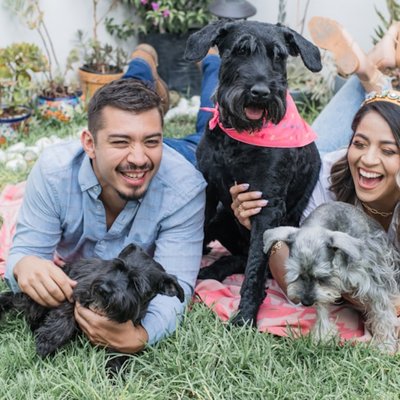brand(
brahnd
)A noun is a word referring to a person, animal, place, thing, feeling, or idea (e.g., man, dog, house).
1. (commerce)
(f) means that a noun is feminine. Spanish nouns have a gender, which is either feminine (like la mujer or la luna) or masculine (like el hombre or el sol).
We spent a year defining our brand before launching it to the public.Tardamos un año en definir nuestra marca antes de lanzarla al público.
2. (style)
a. el tipo (M)
(m) means that a noun is masculine. Spanish nouns have a gender, which is either feminine (like la mujer or la luna) or masculine (like el hombre or el sol).
We are seeing a new brand of harrassment among adolescent girls.Estamos viendo un nuevo tipo de acoso entre las niñas adolescentes.
b. el estilo (M)
(m) means that a noun is masculine. Spanish nouns have a gender, which is either feminine (like la mujer or la luna) or masculine (like el hombre or el sol).
Even though they were twins, they each had her own brand of dressing.Aunque eran gemelas, cada una tenía su propio estilo de vestir.
a. el hierro de marcar (M)
(m) means that a noun is masculine. Spanish nouns have a gender, which is either feminine (like la mujer or la luna) or masculine (like el hombre or el sol).
Heat the brand until it's red hot.Calienta el hierro de marcar hasta que esté al rojo vivo.
b. el hierro (M)
(m) means that a noun is masculine. Spanish nouns have a gender, which is either feminine (like la mujer or la luna) or masculine (like el hombre or el sol).
Be sure you're wearing the proper protective gear when you handle the brand.Asegúrate de llevar el equipo de protección adecuado cuando manejes el hierro.
5. (literary) (torch)
A word or phrase restricted in usage to literature or established writing (e.g., sex, once upon a time).
a. la tea (F)
(f) means that a noun is feminine. Spanish nouns have a gender, which is either feminine (like la mujer or la luna) or masculine (like el hombre or el sol).
We spent a romantic evening on the beach under the light of the brands.Pasamos una noche romántica en la playa bajo la luz de las teas.
A transitive verb is a verb that requires a direct object (e.g., I bought a book.).
The cowboy branded the horse about ten days after receiving it.El vaquero marcó el caballo unos diez días después de recibirlo.
b. grabar
The trauma of the earthquake was branded on my memory.El trauma del terremoto se grabó en mi memoria.
c. marcar con hierro (agriculture)
Get plenty of sleep, because tomorrow we are going to brand 500 head of cattle.Duerme mucho porque mañana vamos a marcar 500 cabezas de ganado con hierro.
7. (to label)
Examples
Machine Translators
Translate will brand using machine translators
Conjugations
Other Dictionaries
Explore the meaning of brand in our family of products.
Random Word
Roll the dice and learn a new word now!
Want to Learn Spanish?
Spanish learning for everyone. For free.























